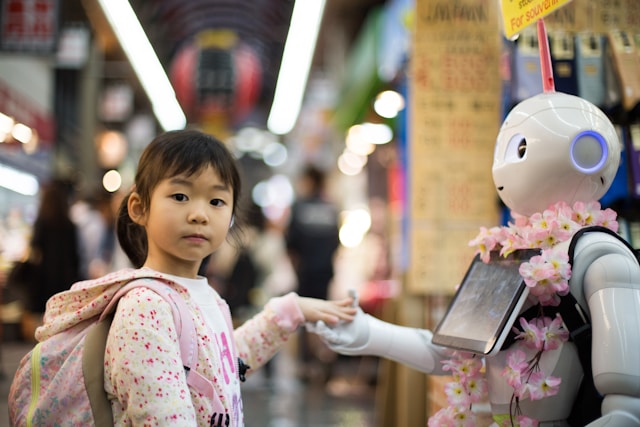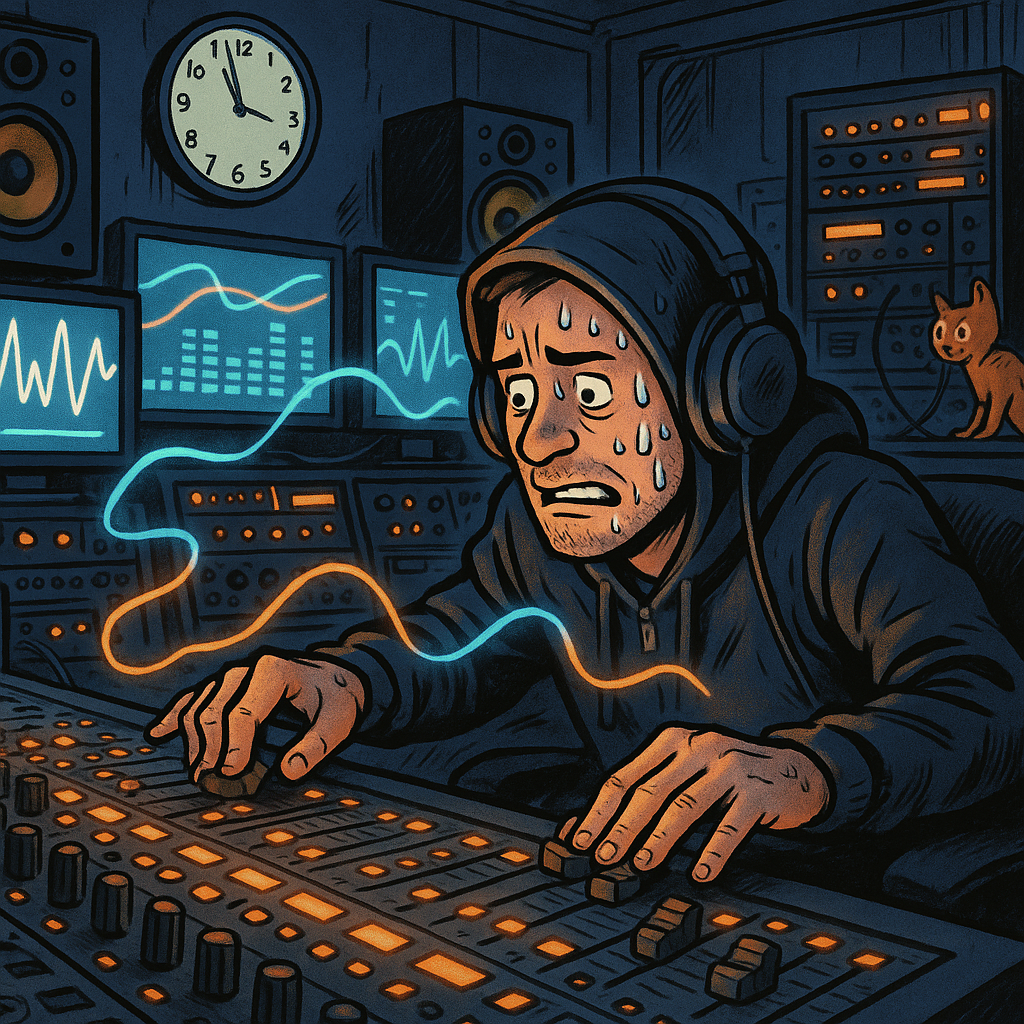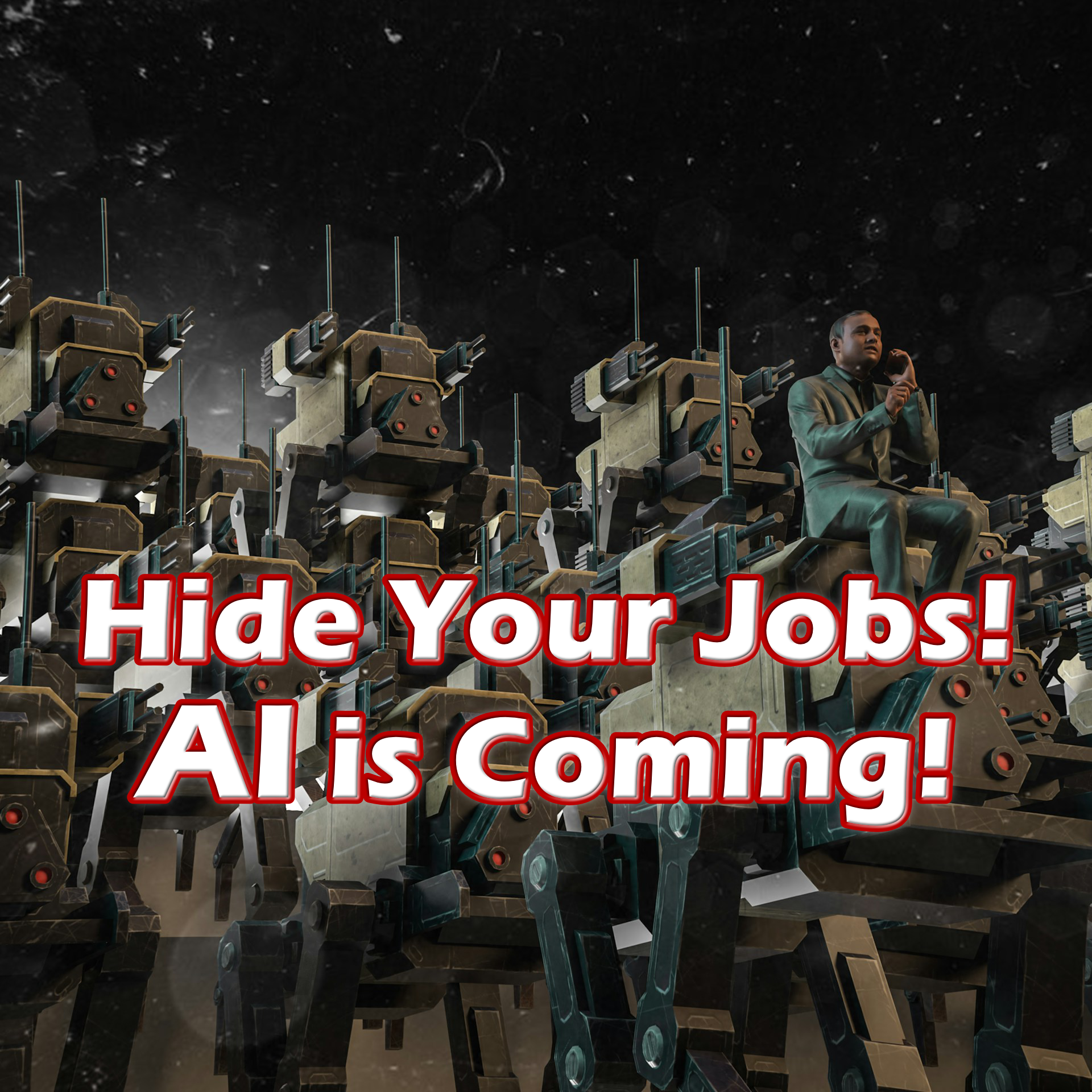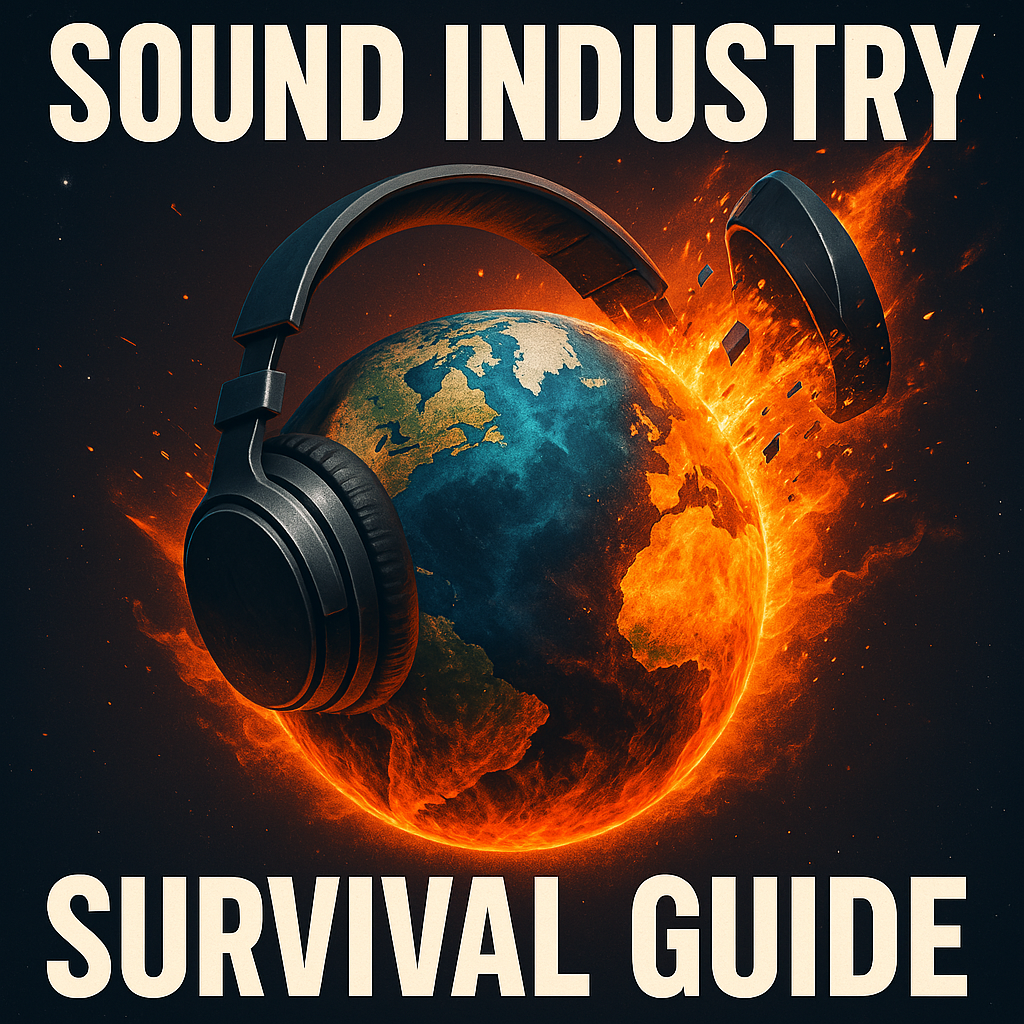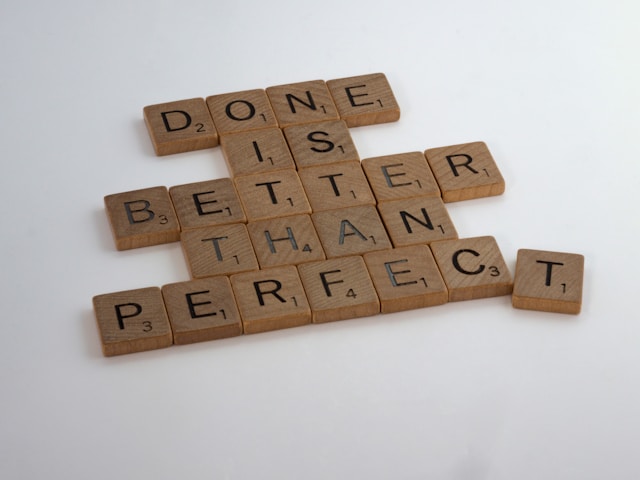I’ve been thinking a lot about AI lately. The film industry, for the most part, has turned its back on the technology. You could argue that AI is built on theft, devalues creative work, and threatens thousands of careers worldwide.
But let’s be real—the cat is out of the bag.
No amount of resistance will stop AI from reshaping our industry. If we don’t learn to work with it, we will be replaced by those who do.
A Familiar Story: Technology Always Wins
I work in sound. Over my career, I’ve been a recording engineer, sound supervisor, designer, editor, and re-recording mixer. I started in the early 2000s, just as the music industry was making the shift from analog tape to digital audio workstations (DAWs).
It was a disruptive, chaotic time. Pro Tools was taking over, and industry veterans fought back. They claimed that “in-the-box” mixers weren’t as skilled as “real” analog mixers. But it didn’t matter. The cost, speed, and flexibility of digital audio were too good to ignore—and those who refused to adapt were eventually pushed out.
A decade later, digital consoles replaced massive analog mixing desks. Again, old-school pros resisted, insisting that digital didn’t have the same warmth or character. But time and innovation moved forward without them.
This pattern repeats itself every ten years or so. AI is simply the next wave—and this time, the impact will be even bigger.
Film Has Always Evolved—AI is No Different
Massive shifts in film technology have always happened.
Editors once cut physical film tape. Now, they use AVID, Premiere, or Final Cut.
Colorists once relied on chemical processes. Now, they use powerful software like DaVinci Resolve.
Streaming changed how we’re credited and compensated, forcing the industry to adapt.
But AI isn’t just another tool—it’s disrupting everything at once.
Writers, for example, have a huge target on their backs. What once took a room full of creatives months to develop can now be generated in minutes. AI-generated scripts aren’t great (yet), but studios see dollar signs. If left unchecked, they’d replace human writers entirely.
Hollywood’s unions fought hard to protect creative professionals from AI. But resistance alone isn’t enough. If we don’t actively shape how AI is used, the industry will move forward without us.
The Hard Truth: AI is Here to Stay
If you aren’t using AI, someone else will.
No amount of lobbying, regulations, union contracts, or protests will stop AI—or the non-union creatives who embrace it.
Is it fair? No.
Is it dangerous? Yes.
Should we say "F it" and learn to use it anyway? Absolutely.
The professionals who refuse to learn AI tools will be left behind. Meanwhile, indie creators and self-taught artists will be mastering AI prompts, training AI models, and automating their workflows.
We can either be the ones giving the best direction—or we can be replaced by those who do.
How We Can Take Control
AI isn’t our superior. It doesn’t create new ideas. It doesn’t think strategically. It just builds what we tell it to.
So why not be the person giving the best directions?
If you’re worried about AI stealing creative works, train it with your own work.
If you’re concerned about AI displacing people, use it to enhance your process—not replace human talent.
AI doesn’t have to replace us. It can make us faster, more efficient, and yes—more creative.
Final Thoughts: Lead the Change
Now is the time to learn.
Research AI tools.
Experiment with how they can improve your workflow.
Train your own AI models to stand out as an expert in your field.
If you’re in a union, respect the current rules—but push for real discussions about AI in the next contract negotiations. The future is coming, whether we like it or not.
Hollywood can lead the change or get left behind.
Here are a few ideas to start the conversation:
AI-assisted ADR – Actors should have the choice to opt-in and license their vocal likeness for ADR. AI gives Actors the ability to focus on the production rather than ADR in post.
AI profit-sharing – Any production cost savings from AI should be partially reinvested into a fund for displaced workers.
Creative credit tracking – AI should not be trained on copyrighted works without proper attribution and royalties.
This isn’t a fear-driven conversation. It’s about taking control of the tools that will define the next generation of filmmaking.
I’d love to hear your thoughts—how do you see AI shaping our future?
Thanks for reading.

